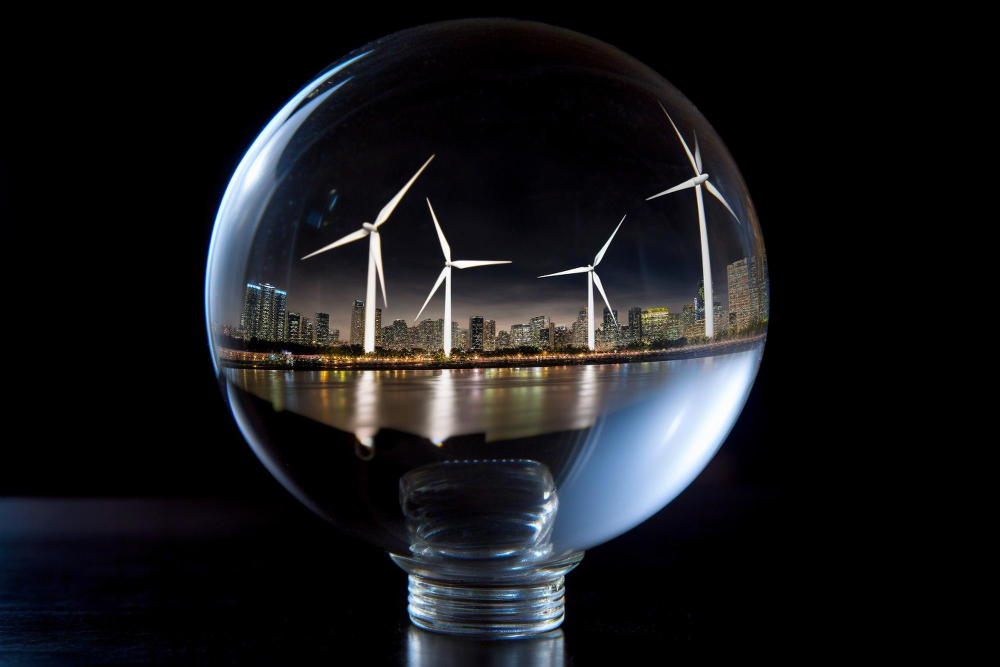At first glance, the EU’s 2024-29 policy cycle may appear focused on the technical implementation of the vast amount of climate legislation agreed under the Fit for 55 package. Yet beneath these technicalities lie important strategic choices. Chief among them is how to boost economic competitiveness while safeguarding climate credibility.
Plans for a Clean Industrial Deal are a logical spin-off of the European Green Deal. Now, the EU must ensure its targets are realistic and finally make a business case for the transition. It will implicitly have to address the critical question of carbon pricing now and beyond 2030.
Energy will remain a key factor in the clean transition, with reducing high energy prices likely to be a political promise of Ursula von der Leyen’s second European Commission. It must be fulfilled alongside ambitious goals to decarbonise the energy system, upscale low-carbon generation and improve system flexibility.
The clean transition will inevitably reshape the EU economy. Rising carbon costs and persistently high energy prices are already forcing some industries to relocate, downsize or restructure. Policies for green industrialisation need cold-blooded assessment, as decisions will have far-reaching implications for the future.
About the author:
Irina Kustova is a Research Fellow at the Centre for European Policy Studies (CEPS) in Brussels, where she works on various issues concerned the energy transition and energy security. Prior to joining CEPS, she worked at the Energy Charter Secretariat on the transit provisions and regional electricity cooperation. She also held assignments at the Agency for the Cooperation of Energy Regulators and the Delegation of the European Union to Russia.


